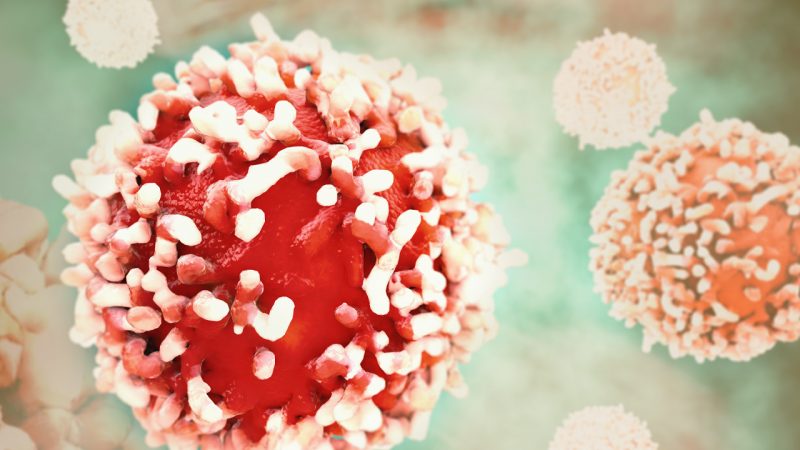- The Melbourne Dental School is seeking ethics approval for the use of Optiscan’s clinical imaging system
- World-leading cancer hospitals and research institutions are also in collaboration
- The use of Optiscan provides strong validation of the technology in diagnosing and locating oral cancer
Optiscan Imaging has advised that the Melbourne Dental School is seeking ethics approval for a clinical trial in oral cancer.
The trial titled “intended to diagnose cancerous change in oral skin growth at the earliest possible stage, identifying new areas of abnormality or changes in previous oral lesions’, aims to develop diagnostic tools in the examination process.
The tools will include confocal laser scanning microscopy and will utilise an Optiscan system to supplement the current practice of oral examination and diagnosis.
Oral cancer is one of the most common cancers globally with an estimated 450,000 new cases of oral and oropharyngeal cancer per year.
Early detection of cancer can significantly increase survival however, early-stage oral cancer is currently difficult to recognise due to it appearing similar to non-cancerous wounds.
This project, which is being led by the Melbourne Dental School, aims to create a foundation to connect clinical, imaging and molecular findings in the development of oral squamous cell carcinoma (OSCC).
It was previously announced that the use of an Optiscan system, in a clinical trial by Memorial Sloan Kettering Cancer Centre, provides strong validation of the capability of the technology.
“Having two clinical trials in oral cancer screening with such internationally renowned hospitals is strong validation of the opportunity for Optiscan to change current practices in oral cancer,” Executive Chairman Darren Lurie said.
“We expect the trial will provide strong support in our evolving plans for Optiscan’s clinical system and in the regulatory approvals for use in oral cancer screening and surgical tumour margin detection, Darren said.
Optiscan’s endomicroscopy can detect cancer cells during operations to remove tumours with real-time feedback. This allows surgeons to minimise the removal of healthy tissue.
Blue lasers pass through an optical fibre to a flexible hand-held probe which can scan and look at the body.
An image is generated by the scanning and a point of intensity is measured. This image can then be translated up and down in the sample which allows for 3D image stacks to be created.
Throughout the trial, and once completed, Optiscan will receive valuable data to support its application for regulatory approvals for the system. Grant funding will then be sought after for the use of the system.

